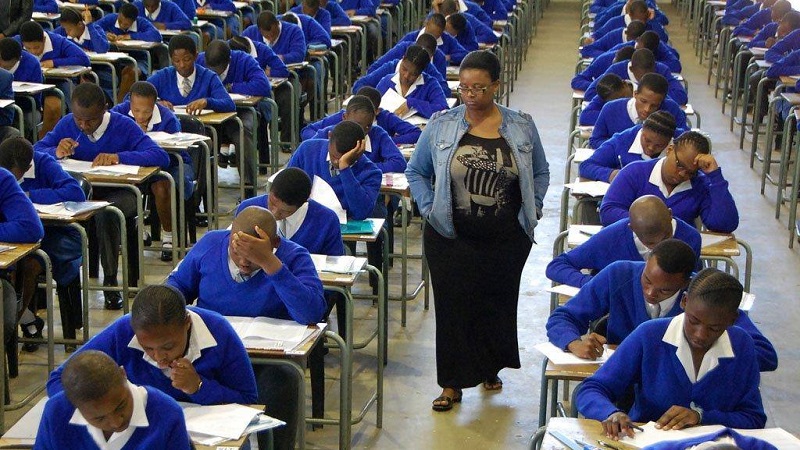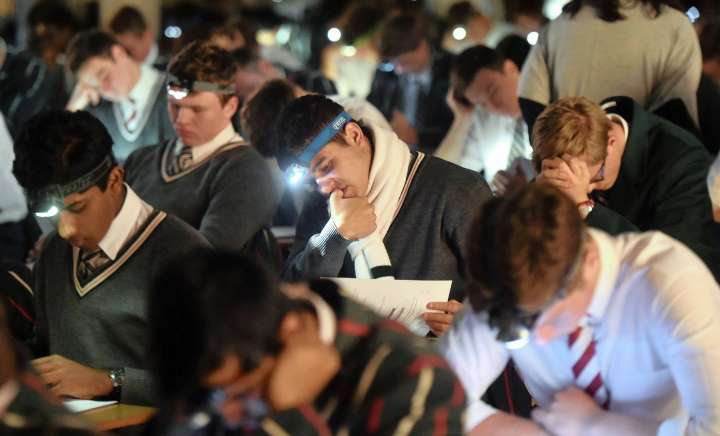South Africa’s education system almost always sees a great deal of debate around it, in terms of standards; policies; infrastructure, the level of professionalism amongst educators, and in some instances the safety of educators at schools. Another point that is always discussed each year, are the matric results and if they were ‘good enough’ and what can be done to improve them in the coming year. The national pass rate for the year of 2019 was announced earlier in January and it was placed at 81.3% which is quite a commendable feat, and something that the Department of Basic Education has wanted to achieve for a long time. (89.51% was the pass rate of the IEB matriculants)
Nationally, a total of 788 717 candidates wrote the National Senior Certificate (NSC) exams in 2019, 616 754 of them full-timers. There was an 8% increase in the number of Bachelor’s passes with 36.9% or 186 058 pupils achieving university entrance passes, and this was noted as the highest number in the history of the NSC examinations. Whilst there was a 2% increase to 28.7% of pupils who achieved a Diploma pass and 78 984 candidates or 15.7% passed with a Higher Certificate, a 9.1% decline compared to 2018.
The Minister of Basic Education, Angie Motshekga shared that the department is committed to continuing efforts to update the methods used in early childhood development and strengthening the foundation and intermediate phases of the education system. Many will argue that as much as the department wants to ensure that it cements a solid foundation for learners, there is much to be done to prepare the learners who are entering the tertiary education system.
The curriculum in the education system has over the years been revamped with an attempt to introduce skills such as critical thinking, creativity and problem-solving to the core subjects such as reading, writing, science, biology and mathematics. These efforts are to ensure that learners are prepared to join a world of work that has changed so much, in many sectors including but not limited to finance; technology; medicine / healthcare and manufacturing. Also, it is to try and encourage a future that is made up of more entrepreneurs as opposed to only employees, however if one is to be an employee, then they should continuously be looking to learn new skills and pursuing entrepreneurship.
With the Departments’ of Basic and Higher Education collaborative efforts as well as taking care of their respective key responsibilities, they should be able to ensure that the generations coming through the education system will be the same generation that takes South Africa forward.




